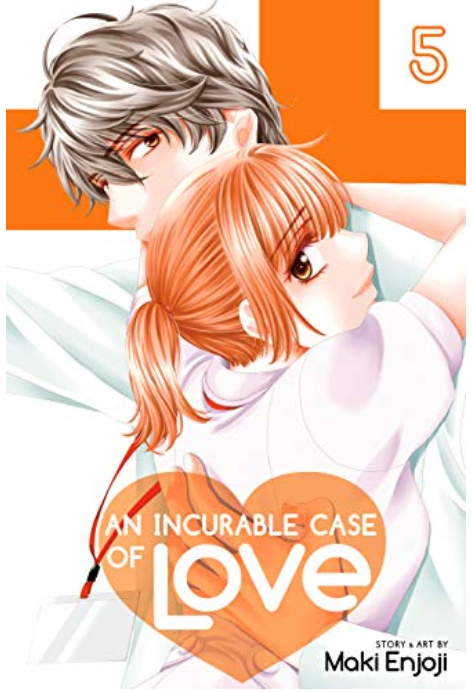Way of the Househusband Volumes 3 and 4 by Kousuke Oono
One of my favorite things about Way of the Househusband is how ordinary household chores get infused with the action and drama of a gangster drama. Tatsu and his wife Miku have to band together to banish a roach in the opening chapter, and they cycle through roach fighting options growing more and more frantic until their foe is vanquished. There’s no real overarching story line here, but the episodes around high stakes bread baking and grocery store promotion antics were funny. I enjoy most when the househusband has interactions with people from his past, and he runs into his old boss (and an adorable dog!) and then again the grocery store becomes a site for a reunion with a woman yakuza boss from his past. Seeing tough guys melt in the presence of the sheer competence of ladies whipping up nutritious homemade dog food is both heartwarming and hilarious.
I also enjoy the little vignettes that show the househusband and Miku together, and the 4th volume has a couple stories that show the couple tackling going to a theme park with military precision and taking on some local toughs in a dynamic beach volleyball tournament. I was quite amused by the drug dealing influence on boba tea recipies and distribution, as well as a dramatic trip to the dollar store to secure the essential tools of the house keeping trade. While this series is predictable, it is the good kind of predictable that you can find with very well-executed comedy series. The jokes might be the same, but the quirky mash-up between yakuza antics and housekeeping always seems both refreshing and funny. This series is helped a lot by Oono’s dynamic and expressive art which infuses the most mundane tasks with the high-stakes suspense worthy of an action movie.








Recent Comments